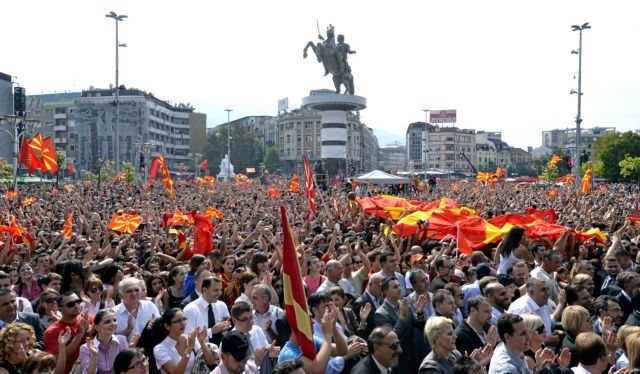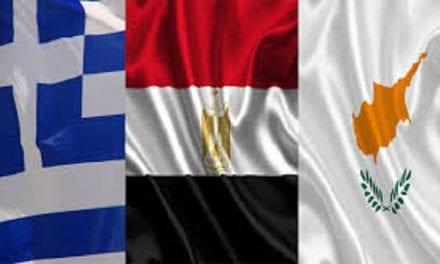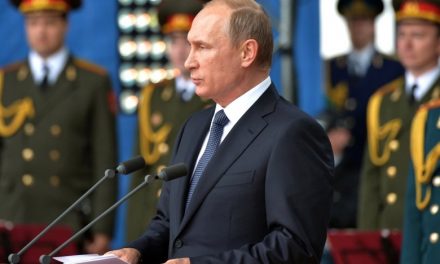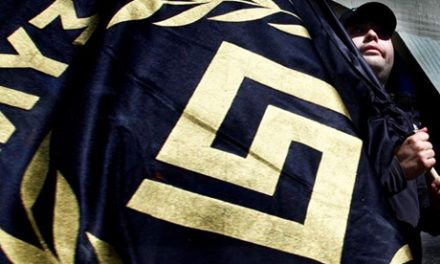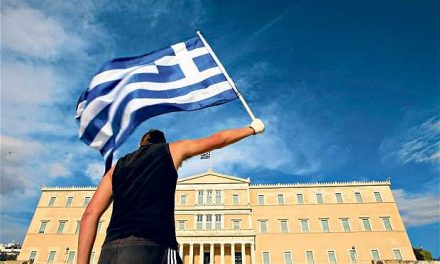What’s in a name? Or … how can a small country on economic life support contribute to so much upset in the neighbourhood?
The upset is in the Balkans and it revolves around Macedonia — or rather the country that would like to call itself Macedonia but can’t, because the country next door has a veto.
Along with the next-door veto, the country also faces rampant corruption, nasty nationalism and even Russian meddling.
The country next door is Greece, the butt of a continued economic kicking from the European Union and the International Monetary Fund. For almost a decade, the big boys have demanded austerity from Greece, causing economy misery for its citizens.
But Greece still has the power to cause pain to its smaller next-door neighbour. Greece is both a member of the European Union and of NATO.
For years the country that calls itself Macedonia has wanted to join both organizations but can’t.
Alexander the Great
Greece says the country that calls itself Macedonia is usurping a name and a history that belongs to Greece. The history is that of Alexander the Great who, more than 300 years before the birth of Christ, marched out and conquered a great swath of the world. And did it before his death at 33.
Alexander was king of Macedon in what is now northern Greece. The Greeks say no upstart neighbour can muscle in on that name and their history.
The country that calls itself Macedonia has just two million people and was once a republic, akin to a province, of Yugoslavia. When Yugoslavia broke up amid war and ethnic cleansing in the early 1990s, the republic of Macedonia was spared the worst of it.
But when it wanted to join the United Nations, Greece demanded it do so under a name acceptable to Athens.
And so it sits in the General Assembly as the Former Yugoslav Republic of Macedonia, or FYROM. The name was supposed to be provisional, but a quarter of century later, it’s still being used at the UN.
Gruevski simply refused to hand over power.
The murky tug of war dragged on for months. It burst into violence in April when a crowd of Gruevski supporters beat up Zaev and his candidate for parliamentary speaker, an ethnic Albanian. Zaev stumbled from the parliament with blood streaming from his head.
The outcry and the pressure from Europe was so great that the country’s president finally agreed to call on Zaev to form a government in early June.
Almost immediately Zaev flew to Brussels, the scar on his forehead very prominent, to affirm his government’s commitment to join the EU and to undertake a new push for membership in NATO.
Under indictment
It will take a lot of work. His country is burdened with corruption, a broken legal system and multi-billion-dollar debts — a gift of Gruevski’s stewardship.
Gruevski himself is already under indictment by a special prosecutor for corruption, money laundering and abuse of power. He says he’s innocent.
On June 13, the country’s new foreign minister flew to Athens. The goal was to calm the Greeks and to search for an acceptable compromise name for the country calling itself Macedonia.
And perhaps to find somewhere to store all those statues of Alexander.
FYROM? Upper Macedonia? Lower…? Watch this space.

